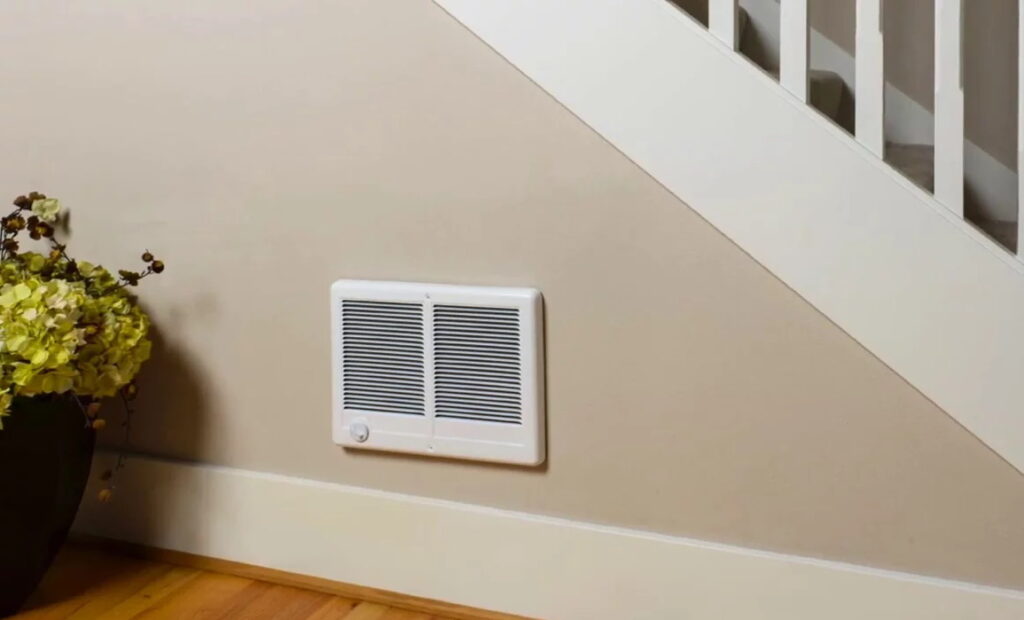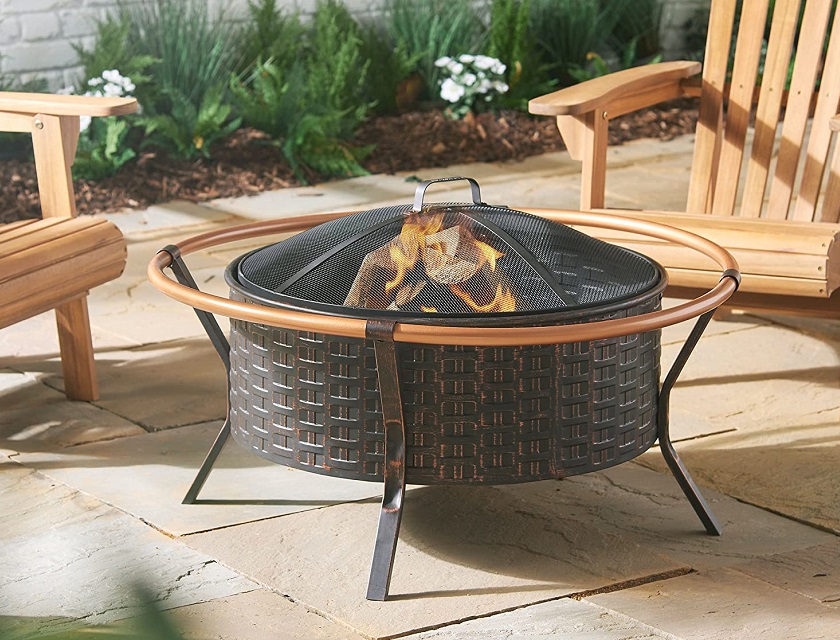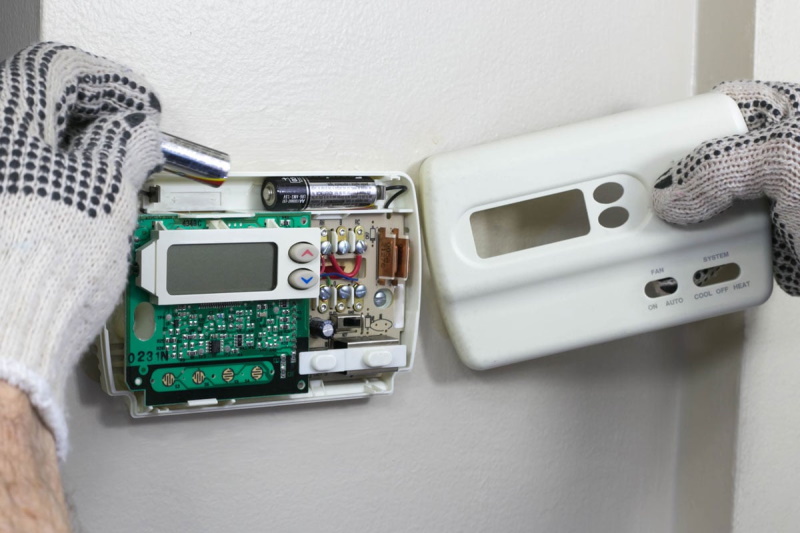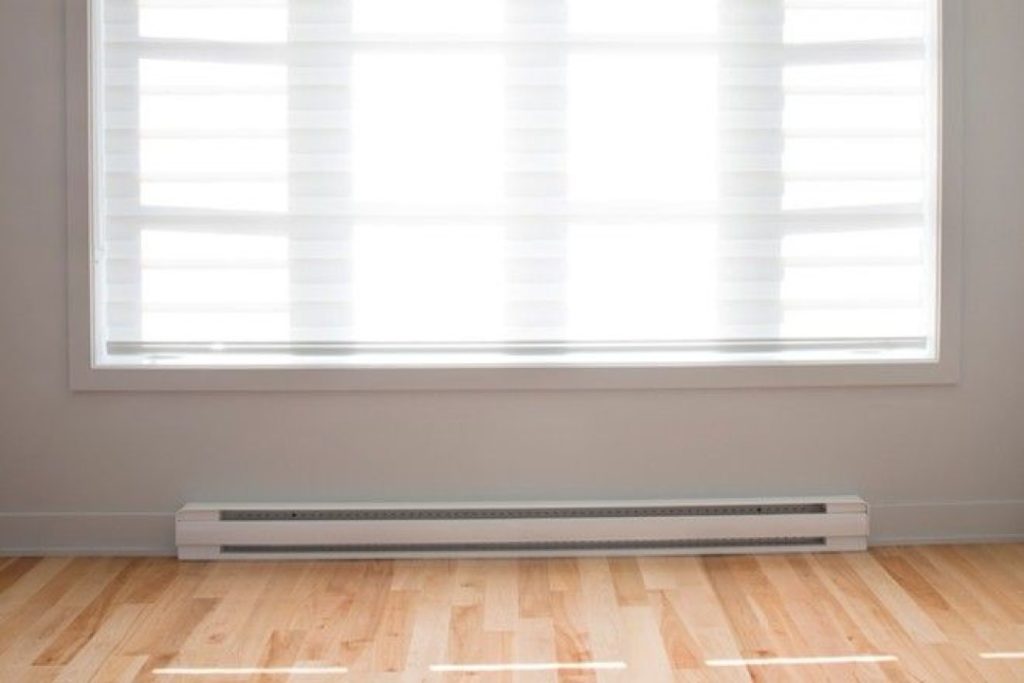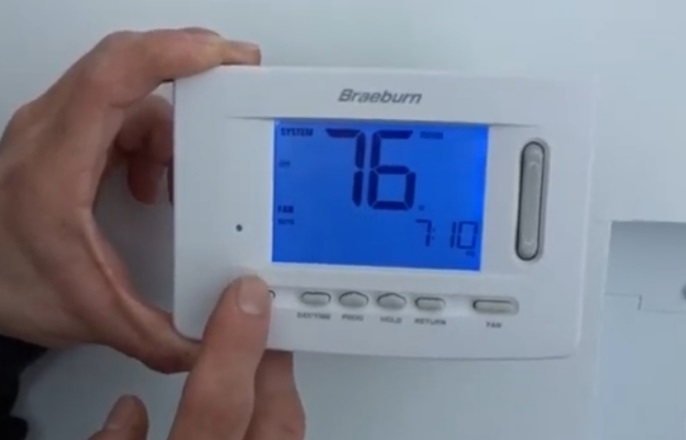

All buildings, whether, commercial, residential, or industrial, need an HVAC system. Indeed, when the temperature inside is not high enough, or not low enough, it leads to a drop in productivity, damages property and equipment. Breakdowns may even occur, interrupting the activity. Having a perfectly reliable HVAC system is therefore important.
But what is HVAC system and its operating principle? Where is it needed and how long can it be used? How do you know whether to replace or repair? And how do you prolong the life of the system to avoid the inevitable? In this article, we will try to answer these questions. But, first, let’s see what is an HVAC system and what it stands for.
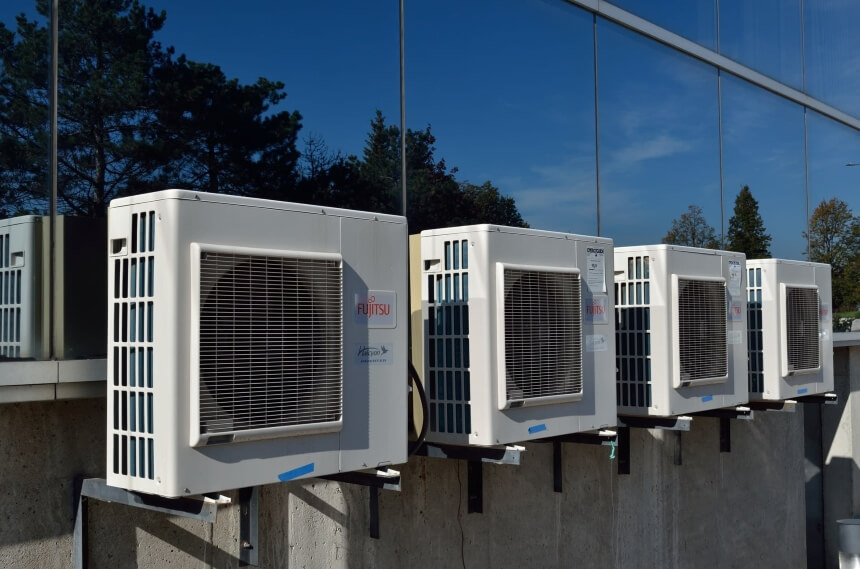
Heating consists of maintaining an enclosure at a certain temperature while in a colder outdoor environment with variable temperature. Ventilation, alone or with the combination of a heating and air conditioning system, controls the exhaust and supply of air inside enclosed spaces, to eliminate odors and provide sufficient air and oxygen to occupants. Air conditioning controls the indoor environment of a space, i.e. its temperature, humidity, air circulation, and purity.
The operation of an HVAC (heating, ventilation, air conditioning) system is based on the principles of heat transfer, thermodynamics, and fluid mechanics. An HVAC system uses the evaporation of a refrigerant to provide air conditioning and cooling. The system will also provide heat through the same ventilation system, but it will depend on a heat pump or furnace to do it.
And what is an HVAC unit, and what is its function? Well, an HVAC system is simply a central system that operates to provide air conditioning and heating through a single ventilation system. It’s important to note here that AC (air conditioning systems), as explained in the acronym section, is only part of HVAC. The HVAC system includes ventilation and heating systems.
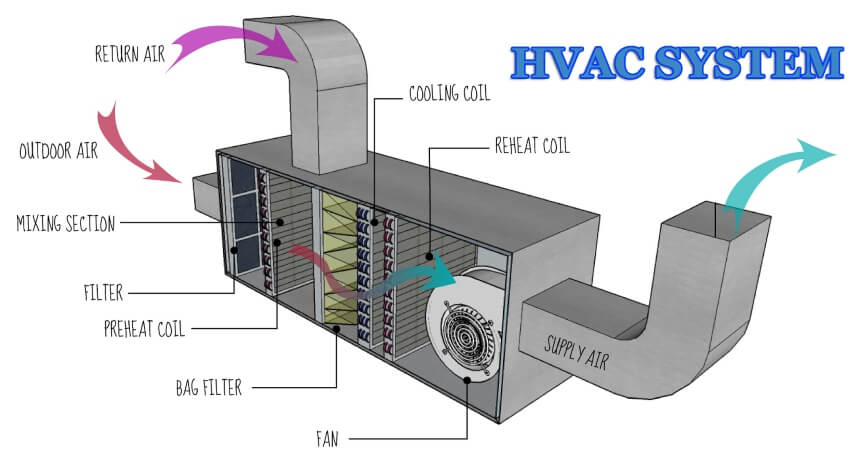
HVAC systems are used in a wide field of application. There are simple residential HVAC systems and complex systems installed in offices, hospitals, schools, and industrial buildings.
When cooling units, air handling units, ACs, and other subassemblies of an HVAC system start to wear out, obviously, they get less efficient and reliable. Properly maintained, HVAC systems can last for 10 to 30 years. However, 20 years is the average number of years they use before the units start failing.
In any case, regular maintenance such as periodical testing with an HVAC multimeter, filter replacement, component inspection, cleaning with vacuum pumps, etc. will prolong the life of the system.
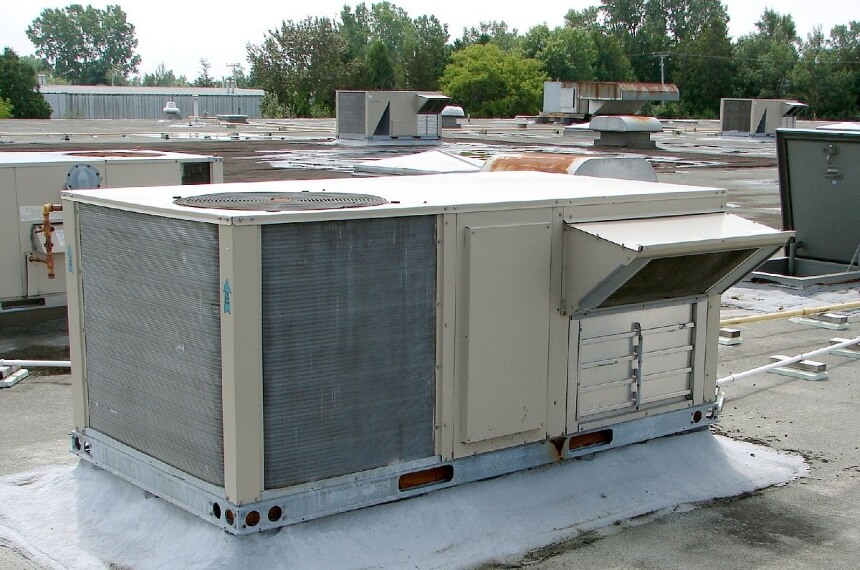
Therefore, it’s important to conduct regular checkups and regular maintenance. Some of the most important maintenance and servicing tools you’ll need are an HVAC multimeter such as the Crenova MS8233D, an inspection mirror, a handheld thermometer, refrigerant gauge, and, of course, an HVAC vacuum pump such as the XtremePowerUS 71097.
When the emergency repair or proactive maintenance costs become equivalent to about 5 percent of the cost of replacement, then you have to ask whether it wouldn’t be economical to buy a new device.
The aim is not only to avoid paying for 20 repair interventions. It should also be taken into account that while you are busy repairing parts of the system, its overall performance is surely also declining, thus causing a loss increase in costs of operation. If you absolutely must have an HVAC system to perform certain operations, allowing this situation to continue can cause outages and production stoppages which can cost you dearly.
To begin with, observe the water pump, siphons, and compressors. What is their level of wear? Do you have the impression that they have reached the end of their life?
Whether you choose to upgrade, lease, or maintain your system, the most important thing is that you act early enough. This helps to deal with any potential issues with your HVAC system in your building. Not only will this save you from catastrophic equipment failure. It will also reduce your day-to-day operating costs.
HVAC is a key innovation that has become essential in a wide field of application. There are residential air conditioners to complex systems installed in offices, hospitals, schools, and industrial buildings. Knowing what is HVAC, what HVAC stands for, and how it works will help you know the various types, their functions, and how they work. They can last for 20 years on average. To increase the service life, the keyword here is “preventive maintenance”. Regularly check your building’s HVAC system. Make regular audits, check that all equipment are working well, or see if certain components need replacement.
However, with the advent of the Internet of Things and new associated technologies, it is now possible to control the system remotely, use energy intelligently, and monitor performance.
